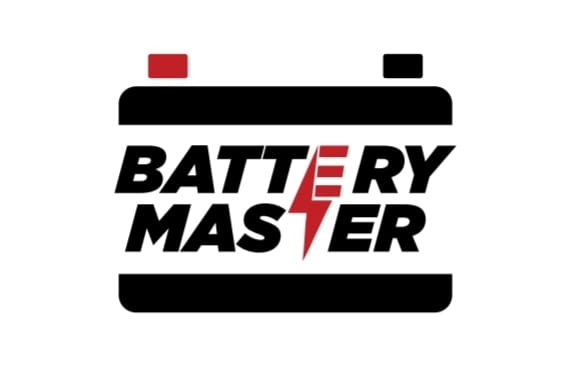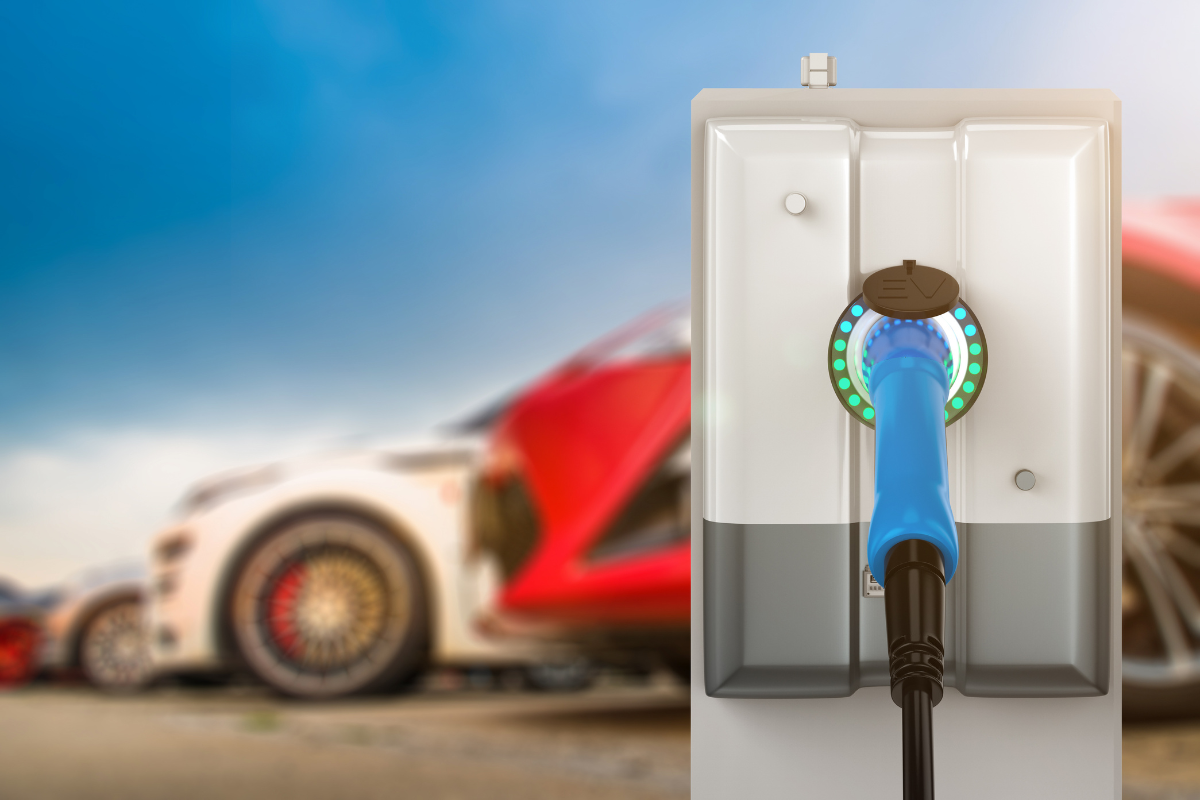Most of the top automobile manufacturing giants have adopted electric technology and launched EV cars with higher efficiency and maximum performance deliverability. Studies have shown the electric vehicles are highly beneficial for the environment as they cut off the dependency on fossil fuels to a great extent.
These cars obtain power from an electric battery, which acts as the fuel tank replacement. The battery’s static charge gets converted into mechanical power and gets relayed to the wheels and brakes. Since the EV battery is of the utmost importance, being concerned about its disposal is important.
Is the EV battery an unlimited energy source?
No, considering the electric vehicle battery as the unlimited power source for any automobile would be futile. That’s because the charge-discharging capacity of every battery is fixed. Once all the charges are discharged, you won’t be able to use it again, even if you recharge it. For instance, let’s consider the fuel tank, which needs to be refilled to ensure the engine receives a constant power supply.

If not, the car won’t move ahead. The same goes for the battery as well. It starts with 100% of its lifecycle and gradually suffers a decline due to permanent static discharge. When it reaches 50%, the car battery performs with average functionality. Replacement needs to be done when the lifetime decreases by 70%. At this point, the second lifecycle commences, where the charges are released at the tortoise’s speed.
Most people prefer to use such an EV battery with 70% life consumption for other purposes but not for cars.
Can EV batteries be recycled?
One of the biggest concerns of many governments, including the UN Council, is the safe disposal of dead EV batteries. Since these contain several types of chemicals, dumping them in landfills or water can cause pollution. Additionally, there will be huge risks when appropriate measures are not implemented. Owing to this, most battery manufacturers design recyclable EV battery.
Once the battery reaches 70% of charge consumption, you can use the battery to build a cell circuit and power a large factory or industrial unit. Additionally, it can be used individually as static charge storage in connection with a solar panel. Ideally, these arrangements ensure that the old batteries aren’t disposed of in nature without prior treatment.
Several manufacturers have launched batteries that can be upcycled. In this process, all the functional parts of the old batteries are taken out and used to manufacture something more productive. This way, the volume of battery waste can be reduced significantly over the course of time.
Is there any challenge in recycling old car batteries?
Yes, certainly, there are challenges in recycling or upcycling EV batteries. First, not many know this concept, so you will still find car batteries in dumps. If not dealt with immediately, pollution levels will spike globally, and the earth will become toxic.

Collecting batteries from EV car owners, checking individual products for upcycling, and sending them out for manufacturing isn’t easy. Many interim steps are involved, which is why using the old EV battery is not a cakewalk.
Conclusion
With the growing demand for EV batteries, manufacturers and car owners should consider using old batteries for something productive. Besides, technical advancements can be leveraged to enhance the recyclability of the batteries. To find the best EV batteries, visit Battery Master.



